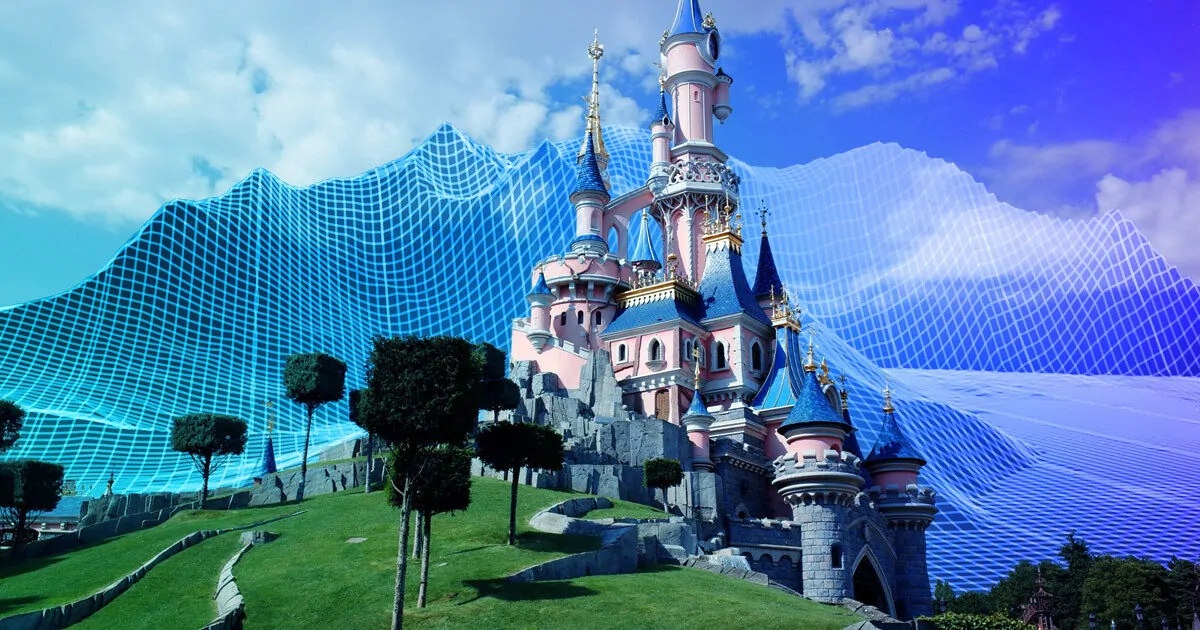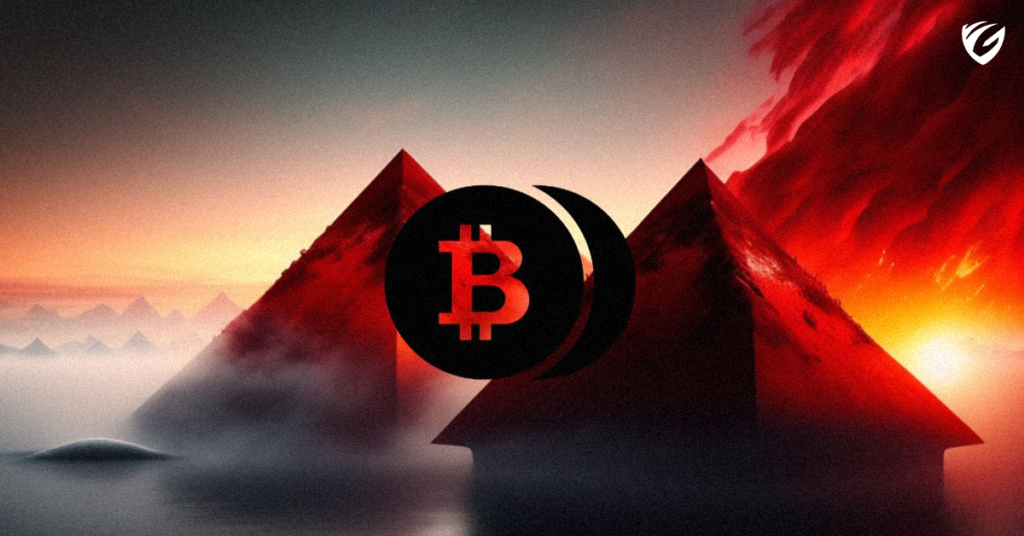The Future of Media and Entertainment in the Metaverse
This is the fourth article of a six-part series exploring the concept of the Metaverse.
The metaverse is an entertainment experience in and of itself. The fact that users can “exit” the physical world and immerse themselves in a new yet acutely familiar surroundings is mind-blowing. With so many applications for the technology, it is easy to predict the countless opportunities it will bring to the entertainment and media industries.
It is apparent that the metaverse holds tremendous potential for both creators and audiences alike. We can only expect this trend toward virtual reality entertainment to accelerate in both scope and scale.
3 Ways the Metaverse is transforming the Entertainment Industry
1. Enhanced movie-watching experience
Fans may soon be able to step inside their favorite films in the Metaverse. People will be able to go inside their favorite film sets and walk around them freely as if they were really there. The metaverse is already being used to give viewers a behind-the-scenes look at their favorite film sets and characters. Fans can virtually tour the fictitious universe of Harry Potter and can even meet with their favorite characters by logging on to virtual hangouts such as Facebook’s Oculus Rooms or AltspaceVR. For viewers who can’t make it to a premiere, the ultimate experience would be to attend such an event virtually by donning a VR headset and interacting with the actors and other fans around them as if they are in the room together.

2. Creates new forms of entertainment
Augmenting existing forms of media and entertainment, the metaverse is also giving rise to new ones. For instance, there are platforms that allow users to create their own virtual worlds. And there are also games that allow participants to compete against each other in virtual reality. Avid gamers are already flocking to popular Metaverse-based games. Second Life, Fortnite and Entropia Universe are some of the most popular examples; even the most famous K-pop group, BTS, has their own virtual world called “Bangtan Universe.”

With so many new forms of entertainment being developed for the Metaverse, it is easy to see how virtual reality is poised to explode onto the mainstream scene.
3. Gives rise to new opportunities for marketing and advertising
In the metaverse, brands can create compelling and immersive virtual experiences for their customers and consumers. With augmented reality, brands can showcase products and provide users with the ability to virtually engage with them in a fun and engaging way.
Savvy marketers in the entertainment industries are getting more and more creative with their marketing and advertising strategies using new technology. For example, Sephora has a augmented reality app that allows users to try on makeup products before actually purchasing them.

Important Use Cases
The rise of new technologies has revolutionised the way we consume media and entertainment in general. New forms of entertainment are emerging every day and disrupting the market. The entertainment industry is bound to experience a massive transformation as it continues to embrace new technologies. With the rise of virtual reality and augmented reality, producers will be able to create immersive experiences never before possible.
As media and entertainment companies explore possibilities inside the metaverse, there are four key use cases that have gained some traction:
1. Virtual Reality Theme Park – A virtual reality theme park would allow people all over the world to experience the thrill of attractions like roller coasters, Ferris wheels and even haunted houses. Virtual reality makes virtual amusement parks possible at a fraction of the cost of conventional amusement parks. Instead of building a brand new park from scratch, virtual parks can be built with software. Developers can also design theme parks that can defy the laws of physics and teleport visitors from one location to another.

A future in which virtual theme parks are the new reality is closer than we think. Disney’s recent launch of their virtual worlds is just another example of how the media and entertainment industries are embracing virtual reality technology.
2. Gambling and sports betting – The metaverse allows businesses to build virtual casinos where users can visit and gamble on their favorite games of chance such as roulette or blackjack, as well as bet on the outcome of sports games. The metaverse provides users with an immersive environment where they can interact with the games in ways not possible in the physical world. One can imagine a virtual casino where users can interact with virtual dealers and other players as though they were actually in the casino with them, or virtual sports stadiums where users can feel as if they are actually at the game with their friends cheering for their favorite team. The technology behind virtual reality promises to provide limitless entertainment possibilities.

3. Immersive Gaming – Virtual reality allows for a highly immersive experience that allows the user to inhabit a virtual space and interact with it as if they were in it in real life. The potential for gaming alone is immense; imagine the experience of playing StarCraft against your friends, or engaging in a multiplayer battle royale in Call of Duty: Modern Warfare 2. Just give VR developers a few years to develop some killer apps and they’ll have everyone hooked in no time.

4. Concerts inside the metaverse– In the wake of COVID-19, many artists have turned to virtual concerts to counter the losses they incurred due to the pandemic. In the metaverse, artists are able to create virtual avatars of themselves to perform concerts or conduct interviews without ever leaving the studio. Imagine Dragons, Travis Scott, BTS, Justin Bieber, Post Malone and several other artists have conducted VR concerts in recent years.

The metaverse will allow complex venues where multiple artists can perform just like in real life. For example, why not have a concert in a virtual theater that can hold thousands of people? This could be done without large expenses like building a concert venue and hiring actors to perform in the venue. Instead, a virtual concert could be created with some modifications made to the graphics of the metaverse. The audience can watch a live performance with a new perspective and scenery entirely different from what they usually see when watching shows in live theaters or concerts.
Conclusion
For the entertainment industry, the metaverse provides an entirely new medium through which to distribute content and interact with audiences and fans. The popularity of the metaverse is evidenced by the millions of users that have already experienced it.
No one knows what the future holds for the entertainment industry; but one thing is for sure, the metaverse is going to have a major impact.



